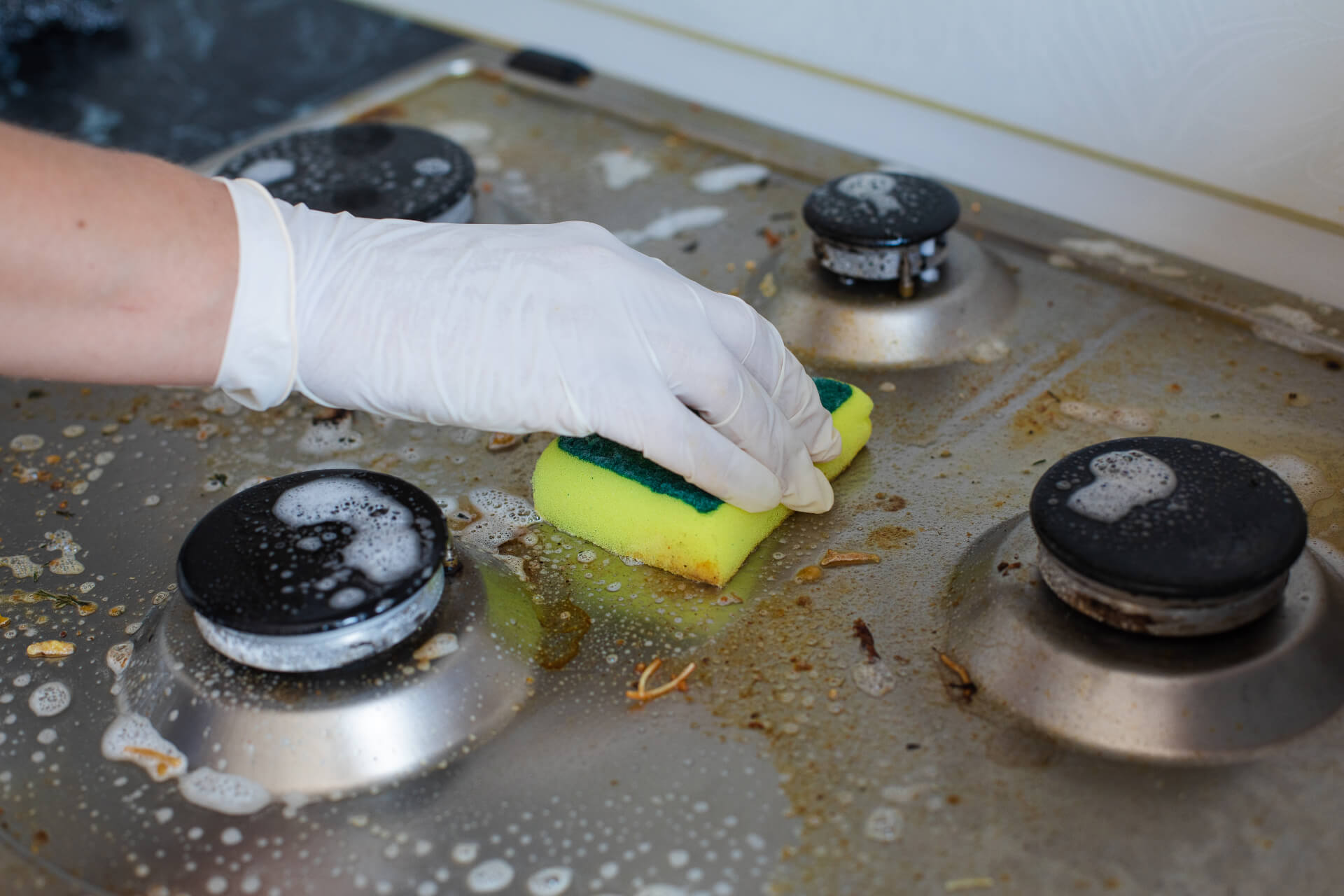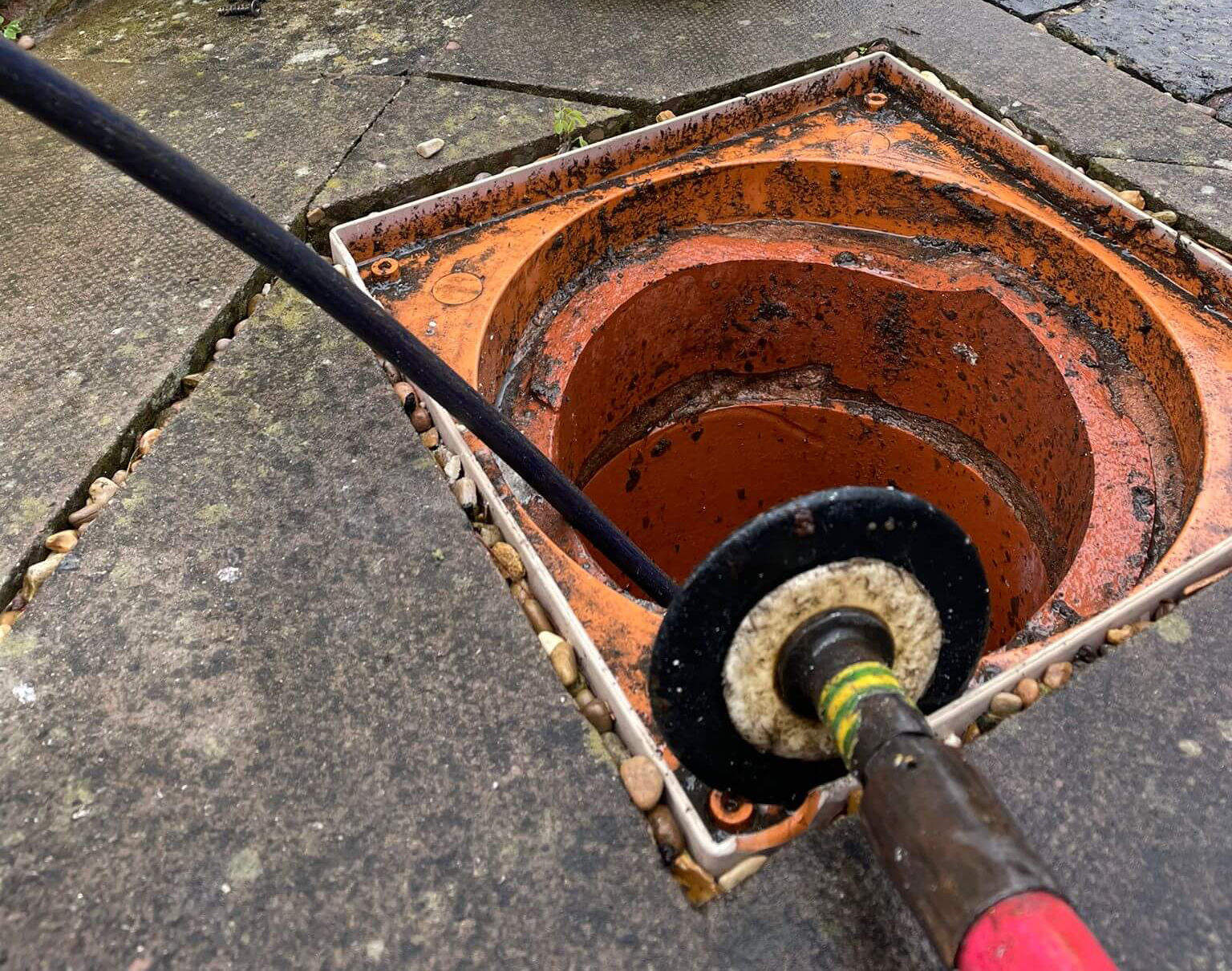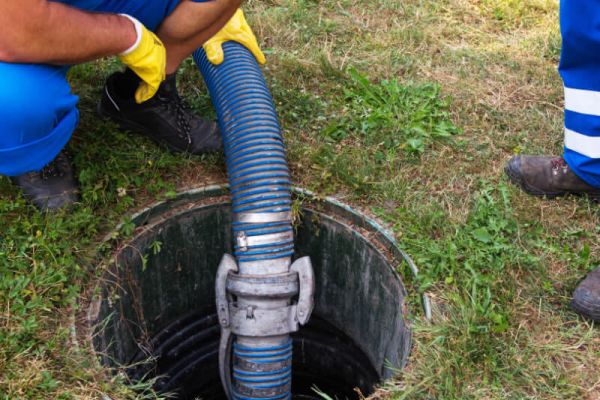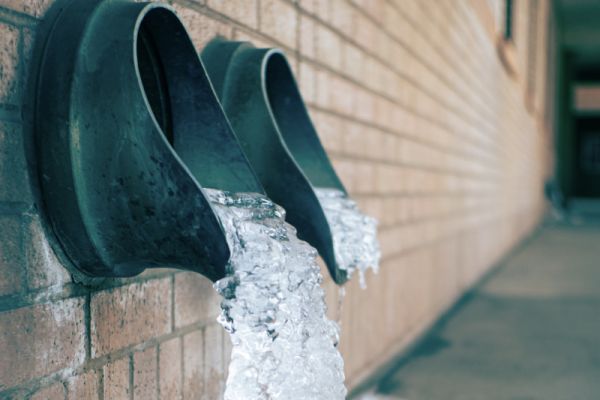In this article
Stop Fat, Oil & Grease from Clogging Your Drains!
Why Fat, Oil & Grease Are Your Drains’ Worst Nightmare
If you’ve ever battled a sluggish sink, or worse, faced the horror of a full-blown drain blockage, chances are, fat, oil, and grease (FOG) are the prime suspects.
These seemingly innocuous liquids, remnants of our culinary endeavours, undergo a chilling transformation once they descend into the depths of our drainage systems. As they cool, they solidify, morphing into a sticky, tenacious substance that adheres to the interior walls of your pipes. Over time, this build-up constricts the flow, leading to progressively worsening drainage problems, and eventually, a complete blockage.
While commercial kitchens, with their high volumes of food preparation, are particularly vulnerable to FOG-related issues, the domestic kitchen is by no means immune. Even a seemingly small amount of grease, carelessly poured down the sink, can contribute to costly damage.
A complete drain blockage is a homeowner's nightmare, so what is it and how can we avoid it?
How Does FOG Cause Blockages?
The journey of FOG through your drainage system is a tale of gradual, insidious accumulation. Initially, these substances appear harmless, flowing freely as liquids. However, the cool temperatures within the pipes trigger a phase change, causing them to solidify.
This solidifying grease acts like a sticky trap, capturing food particles, hair, soap scum, and other debris that find their way down the drain. Over time, this concoction forms a thick, impenetrable layer that narrows the pipe's diameter, significantly impeding water flow.
As the blockage intensifies, water struggles to navigate the constricted passage. In extreme cases, this leads to overflowing sinks, emitting unpleasant odours that permeate your home, and, in the worst-case scenario, the dreaded wastewater backup. This not only causes significant damage to your property but also poses a health hazard.

How to Prevent FOG Build-Up in Your Drains
Fortunately, safeguarding your drainage system from the clutches of FOG is achievable with a few simple, yet crucial, habits:
- Never pour grease down the sink: This is the golden rule. Instead, allow the grease to cool completely and scrape it into a suitable container, such as an old jar or a sealable bag, before disposing of it in the bin.
- Employ a drain strainer: A simple mesh strainer placed over the plughole acts as a barrier, preventing food scraps and larger particles from entering the drainage system.
- Wipe greasy pans with a paper towel: Before washing your pots and pans, use a paper towel to remove any excess oil or grease. This significantly reduces the amount of FOG entering your drains.
- Dispose of cooking oil responsibly: Many local recycling centres accept used cooking oil, often converting it into biofuel. Check with your local council for designated collection points.
- Regularly flush drains with hot water and washing-up liquid: This simple routine can help break down small amounts of grease before they have a chance to solidify and accumulate. Pour a kettle of boiling water mixed with a generous squirt of washing-up liquid down the drain, allowing the hot water to emulsify and flush away any residual grease.
- Consider a grease trap: For those who frequently cook with large amounts of oil, a grease trap installed under the sink can effectively separate FOG from wastewater.
Signs You Have a FOG Blockage
Recognising the early warning signs of a FOG blockage can prevent a full-blown drainage disaster:
- Slow drainage: Water draining sluggishly from your sink is a tell-tale sign of a developing blockage.
- Gurgling sounds from your sink: Unusual noises emanating from your drains indicate trapped air and restricted water flow.
- Unpleasant odours: Foul smells rising from your sink or drains suggest the presence of decomposing organic matter trapped within the blockage.
- Water backing up in the sink: This alarming sign indicates a severe blockage that requires immediate attention.
If you suspect a FOG blockage, do not ignore it. Procrastination will only exacerbate the problem, leading to more extensive and costly repairs.

What to Do If Your Drains Are Blocked
If your sink is draining slowly or completely blocked, you can attempt to clear the blockage yourself.
- Boiling water and washing-up liquid: Pour a kettle of boiling water mixed with a generous amount of washing-up liquid down the drain. This can help to loosen and break down minor blockages.
- Plunger: A plunger can create suction to dislodge stubborn clogs. Ensure a good seal around the plughole and plunge vigorously.
For persistent or severe blockages, it is imperative to seek professional assistance. At Cotswold Drainage, we employ specialised equipment, such as high-pressure water jetting and drain snakes, to effectively clear FOG build-ups and restore your drains to their optimal flow.
Keep Your Drains Clear and Problem-Free
A proactive approach to FOG prevention is the key to maintaining a healthy and efficient drainage system. By adopting the simple habits outlined above, you can significantly reduce the risk of messy and expensive blockages. However, if you are already grappling with a drainage issue, do not hesitate to contact us today.
Get in touch
Contact our friendly and professional team via form, phone or email for any drainage issues you may have.
From blocked drains to septic tank repairs and replacements, we're here to help. We have over 25 years of experience and offer 24/7 emergency callouts.
-
01386 882324
-
WhatsApp
-
This email address is being protected from spambots. You need JavaScript enabled to view it. -
See what our customers think


